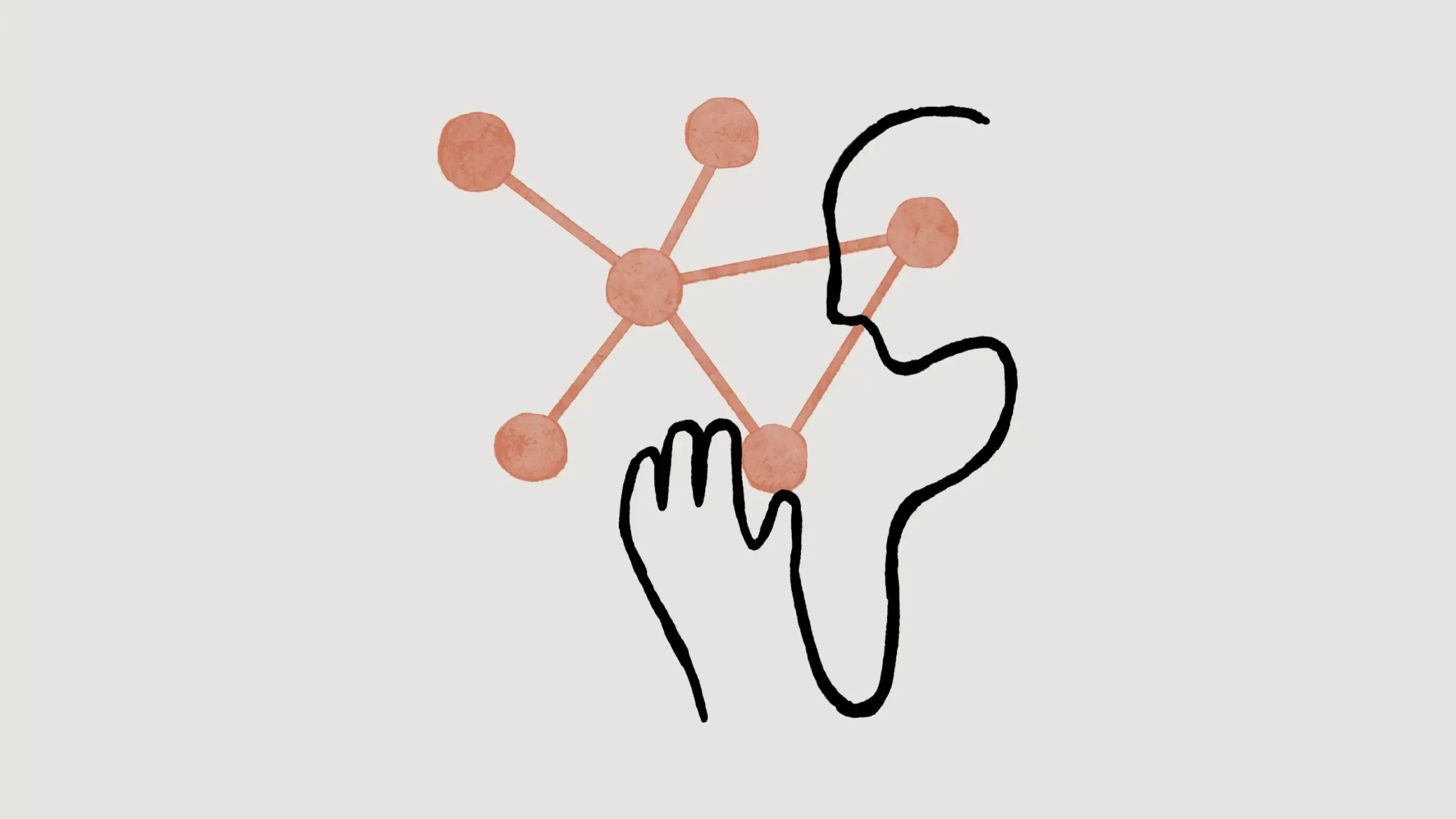
Anthropic has developed a family of generative AI models known as Claude. These models handle tasks like writing emails, solving coding problems, and captioning images. With new updates rolling out, Claude’s ecosystem is growing fast. Let’s dive into what makes these models stand out.
Claude Models: Haiku, Sonnet, and Opus
Claude’s models take their names from literary forms: Haiku, Sonnet, and Opus. Each model serves different purposes.
- Claude 3.5 Haiku is the lightest and fastest model, ideal for simple tasks. Although it is quick, it doesn’t support image analysis.
- Claude 3.7 Sonnet is Anthropic’s flagship model. It uses hybrid reasoning, offering real-time responses or more thoughtful answers. This reasoning ability makes it powerful for complex tasks.
- Claude 3 Opus is the largest model but currently the least capable. It handles image analysis but is slower than Sonnet.
Interestingly, despite being the largest, Opus lags behind Sonnet in performance. However, future updates may change that.
Why Claude 3.7 Sonnet Stands Out
Claude 3.7 Sonnet introduces reasoning capabilities. Users can turn reasoning on or off. When on, the model breaks down prompts for better accuracy. This process may take a few seconds to minutes. Even without reasoning, Sonnet ranks among the top-performing AI models in the tech industry.
Unlike Haiku, Sonnet can analyze images. It also excels at understanding complex instructions, making it ideal for demanding tasks.
How Much Does Claude Cost?
Anthropic offers Claude models through its API, available on Amazon Bedrock and Google Cloud’s Vertex AI. Pricing varies by model:
- Claude 3.5 Haiku: $0.80 per million input tokens, $4 per million output tokens.
- Claude 3.7 Sonnet: $3 per million input tokens, $15 per million output tokens.
- Claude 3 Opus: $15 per million input tokens, $75 per million output tokens.
Anthropic also provides prompt caching and batching features. These options help developers save costs and improve performance.
Subscription Plans for Every User
Anthropic offers different plans for individual users and businesses:
- Claude Free Plan: Includes usage limits but provides basic access.
- Claude Pro ($20/month): Offers 5x higher rate limits, priority access, and feature previews.
- Claude Team ($30/user/month): Designed for small businesses, this plan includes team dashboards, CRM integration, and citation toggles.
- Claude Enterprise: Tailored for large companies, it offers a 500,000-token context window and GitHub integration. This plan allows companies to upload proprietary data for analysis.
All plans come with access to Projects and Artifacts, enhancing how users interact with Claude’s outputs.
Understanding the Context Window
Claude models support a context window of 200,000 tokens. This window equals around 150,000 words or a 600-page novel. The context window defines how much data the model can process before generating new content.
Key Limitations to Consider
While Claude models are powerful, they have some limitations:
- They cannot access real-time internet data, making them less suitable for current events.
- They don’t generate images, except for simple line diagrams.
- Like all AI models, Claude can hallucinate or provide inaccurate information.
Final Thoughts: Is Claude Right for You?
Anthropic’s Claude AI models offer flexibility and performance across different needs. Claude 3.7 Sonnet leads the way with its reasoning feature, balancing speed and accuracy. Haiku remains the fastest for simple tasks, while Opus, though currently slower, supports image analysis.
For businesses, tailored plans like Claude Enterprise unlock additional power. Whether you’re an individual user or a large company, Claude has something for you.
As AI technology evolves, Claude’s updates promise even more advanced features. Keep an eye on Anthropic’s releases for the latest developments in generative AI.
